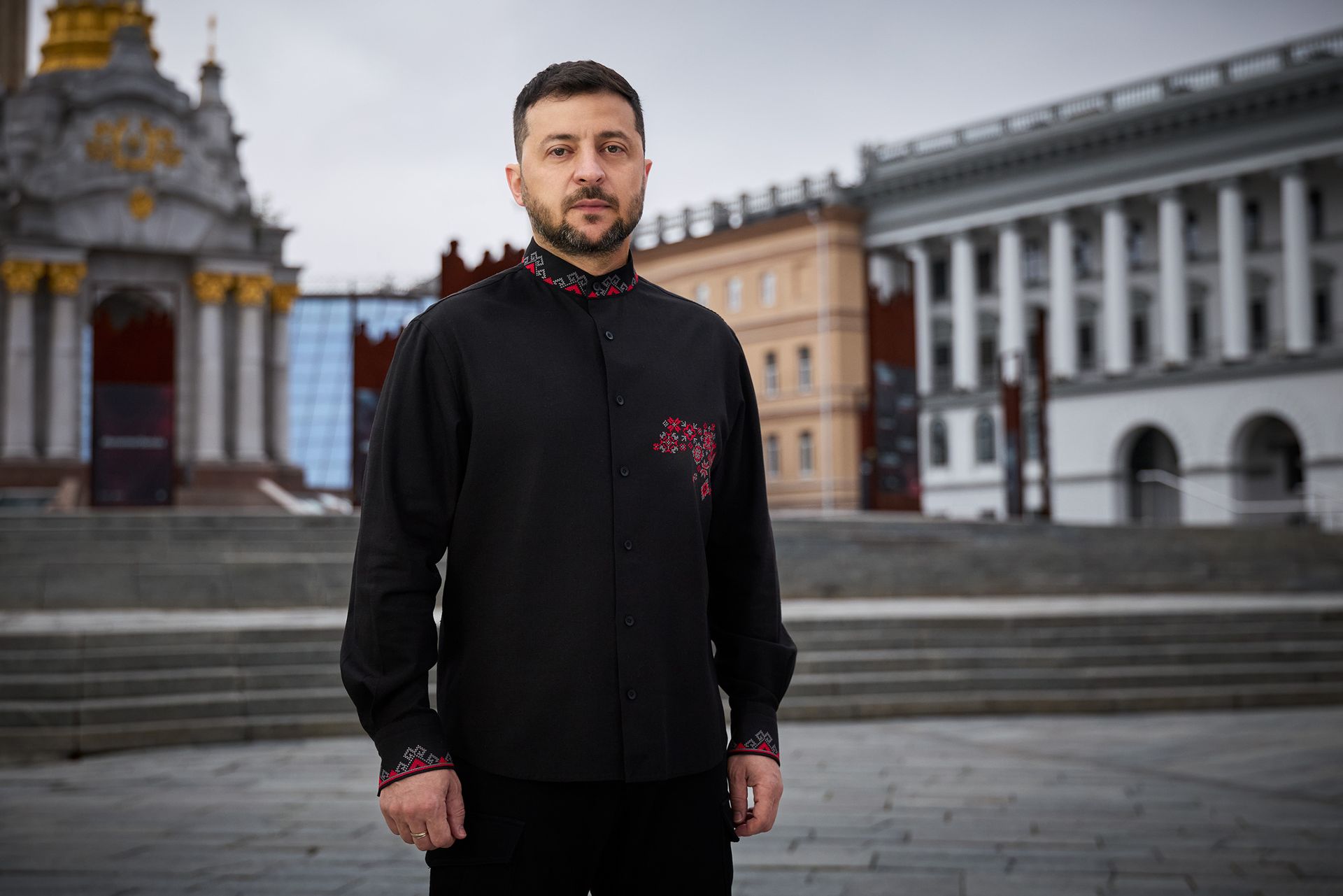Canada to send over $700 million in drones and ammunition to Ukraine in September

Canadian Prime Minister Mark Carney announced on Aug. 24 that his country will provide Ukraine with drones, ammunition, and armored vehicles as part of an aid package worth over one billion Canadian dollars (more than $700 million), with deliveries expected in September.
Carney made the announcement during Independence Day celebrations in Kyiv, where he had arrived earlier in the day.
According to Carney, the upcoming delivery is part of the support package Canada pledged earlier in June during the G7 summit in Kananaskis, Alberta. It included two billion Canadian dollars ($1.5 billion USD) in military funding and new sanctions aimed at restricting Russia’s energy revenues and evasion tactics.
"I am proud to announce that over one billion of this sum will be directed to strengthening your arsenal through the supply of drones, ammunition, and armored vehicles, which will arrive next month," Carney said on Aug. 24 in Kyiv.
According to Carney, Canada will also allocate "tens of millions of dollars" for emergency medical aid, the construction of bomb shelters, support for local democracy, and Ukraine’s cybersecurity.

Upon his arrival in Kyiv, Carney also congratulated Ukraine on its 34th Independence Day, noting that Canada was one of the first countries to recognize Ukraine as a sovereign country back in 1991.
"Since then, Canada and Ukraine have deepened our long-standing friendship, A friendship rooted in the shared values of peace, security, and democracy," Carney said in the video he posted on X.
Apart from Carney, the defense ministers of Sweden, Denmark, Romania, Lithuania, and Latvia, as well as the U.K. Minister for Veterans Affairs, and the U.S. Special Envoy for Ukraine, Keith Kellogg, are also in Ukraine for Independence Day.
Kellogg's visit to Ukraine comes at a pivotal moment, as discussions over long-term security arrangements — and U.S.-Ukraine relations under the Trump administration — continue to evolve.
On Aug. 15, U.S. President Donald Trump met with Russian President Vladimir Putin in Anchorage, Alaska — welcoming Russia out of its geopolitical isolation.
Following the summit, Trump said he and Putin had "largely agreed" on territorial swaps and security guarantees for Ukraine. Ahead of the meeting, he noted that both sides would have to "swap land" — a stance that raised alarm in Kyiv and across European capitals.
The Trump-Putin summit was quickly followed by a high-level meeting in Washington between Trump, Zelensky, and other European leaders. During that meeting, Zelensky and his allies pressed for concrete security guarantees for Ukraine in the event of a future peace agreement with Russia.













